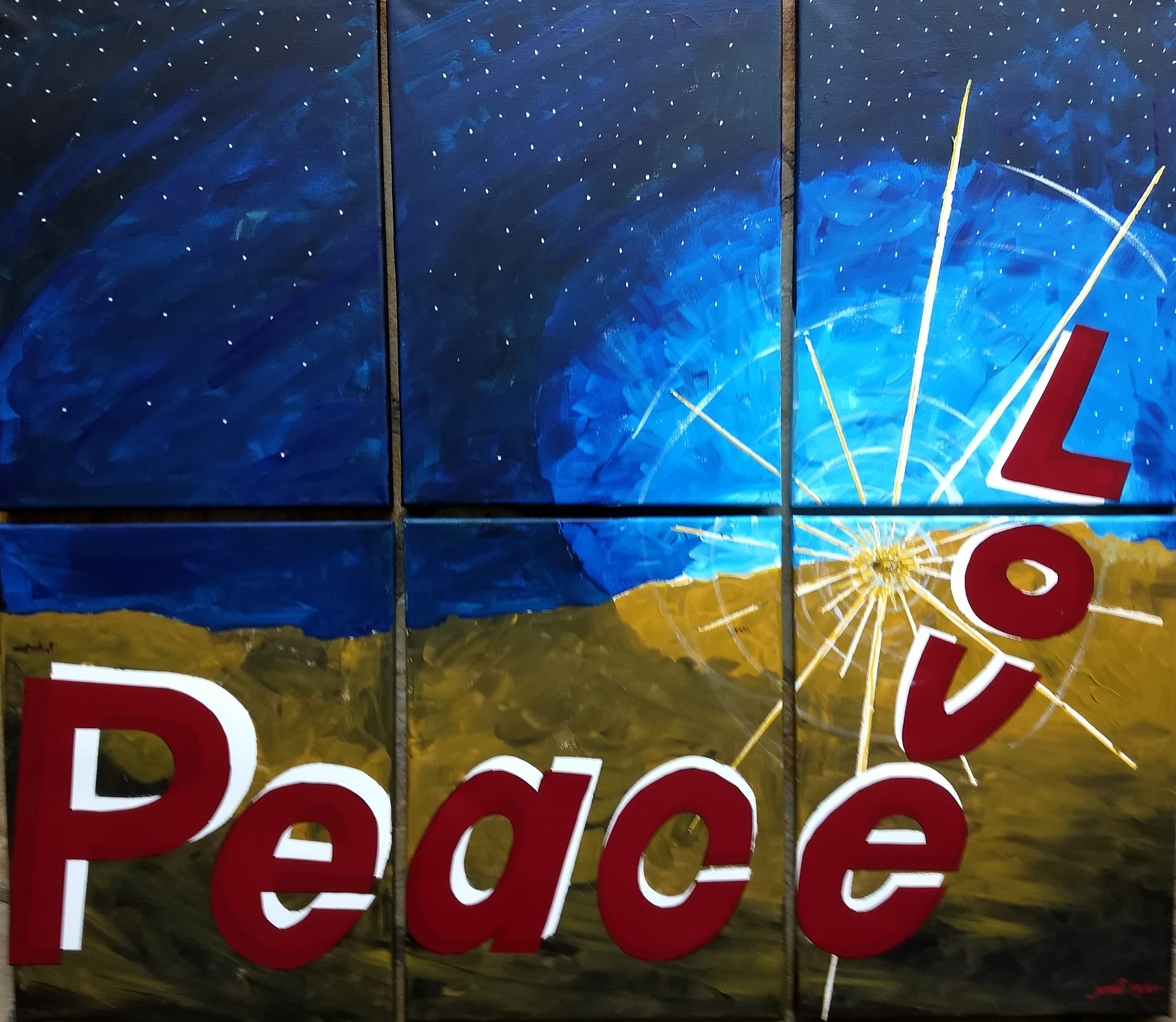Third Sunday of Advent
“Go and tell John what you hear and see: the blind regain their sight, the lame walk, lepers are cleansed, the deaf hear, the dead are raised, and the poor have the good news proclaimed to them.” Mt. 11: 3
Something had to change.
Something radical, revolutionary, world-shattering had to happen.
The Jewish world of first century Palestine was awash in untold terror, extreme poverty, utter hopelessness. It was not unlike the circumstances in much of the Middle East today: killings, tortures, the hideous aftermath of violence and poverty, hunger and homelessness.
The same degree of futility and despair reigned supreme.
Something had to change.
Something had to seize the moment and reshape the future.
And “something” did – a man called John the Baptist.
He was a sensation in those days. People flocked to him from all over.
They came to hear about how there was hope, after all. They came to hear about how God’s consuming wrath would punish the Romans who imposed egregious taxation and robbed landowners of all they possessed. People came to hear about how God’s judgement would at last bring vengeance upon certain leaders of the Jewish religion who colluded with their Roman occupiers in persecuting the Jewish people.
The movement begun by John the Baptist became so large and so popular, in fact, that the Romans became alarmed. They feared that the people would revolt.
Thus, the situation became so explosive that King Herod decided John must be imprisoned so all the great protest he was stirring up would be stopped once and for all.
But prison didn’t stop John.
Instead, from his cell John denounced Herod’s decision to divorce his wife to marry a different woman.
And this is where Jesus enters the scene.
Originally a follower of John, Jesus set off on a different path revealing a singular Way that would lead to God. Based on his unique relationship with the God he called “Abba, Father,” Jesus departed from John’s emphasis on the wrath of God and its promised punishment.
Instead, Jesus presented a radically new vision of God – a God of great, infinite Mercy; a God whose very character was Compassion; a God whose most passionate intent was to Rescue, to Save, to Liberate, to Embrace.
Jesus introduced a whole new language about God.
He dropped words like “judgement,” “vengeance,” “retribution,” and “damnation,” and replaced them with “Love,” and “Good News,” and “Forgiveness,” and – most important – “Mercy.”
And Jesus went even further than introducing a new vocabulary.
He presented a whole new visual aid:
A meal.
A meal in which all are invited to participate. A meal at which he offered a new virtue: trust. A meal at which he spoke of a new promise: hope. A meal at which he demonstrated a whole new ethic: charity.
And perhaps what most distinguished Jesus as the Reflection of the Face of God were his miracles: the blind seeing, the lame walking, the lepers washed clean, the deaf hearing, the dead raised to new life.
And here’s the great promise Jesus gives to each of us:
You and I can be healers. You and I can do as Jesus did.
We can do all of this in our efforts to reach out to the poor, and the hungry, and the imprisoned, and the homeless.
At the same time, you and I can also ponder whether there are any places of poverty and hunger and deadness within us.
Are there places within us that hunger for more freedom, and more wholeness? Are there ways in which you and I are entangled in situations keeping us enslaved to comfort, power and greed?
During this Advent season, we should each ask ourselves if there is any place of “un-freedom” within us, any part of our soul that is imprisoned, any part of our heart that is held captive…
Because the Christmas soon to come brings with it a Child – a Child that will ultimately challenge you and me to bring sight to the blindness in our own lives, to welcome home those we have treated as lepers, to raise to life those we have judged unworthy of our attention, to proclaim good news to those who have been held hostage by depression and anxiety and terrible traumas, to cleanse our own hearts of vengeance, greed and meanness.
Consider this poem/prayer by Jan L Richardson as you look inside your own heart in preparation for your journey to the manger that holds the Christ Child:
I CANNOT SAY WHAT SHAPE
A Blessing
I cannot say what shape
This blessing will take for you,
What form by which
It will find you
In the place
Where you need it
Most.
It cannot be pinned down,
This blessing that
Inscribes itself
On prison walls,
Works its way
Between the bars,
Comes as a word
In the ear
That has never heard,
A brilliance in the eye
That has not seen.
But you can trust
That a blessing
That comes as healing
In the body broken
Will know how
To reach you.
You can be sure
That a blessing
That returns the dead
To life
Will know
With exquisite precision
How to bring you back
From your bondage
From your captivity
From your exile
From your pain.
Whatever holds you,
This blessing will loose.
Whatever confines you,
This blessing will overcome.
A glimmer of light
In the darkness,
An outstretched hand
In the shadows:
Who knows how it
Will show up,
Or what it will bear?
Just watch for it.
Wait for it.
The blessing is
On its way.
Ted Wolgamot, Psy.D.





